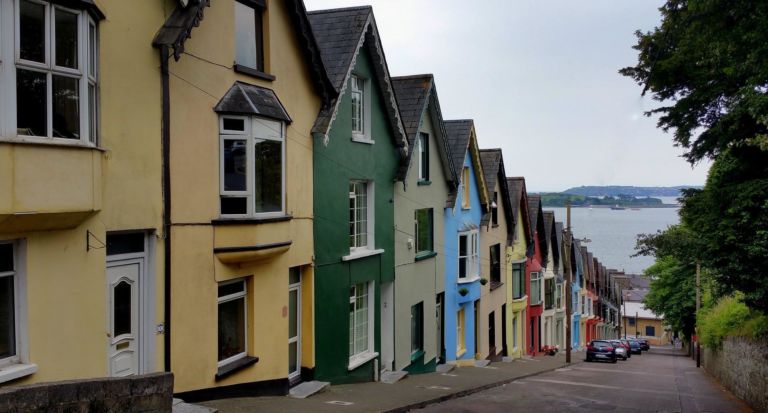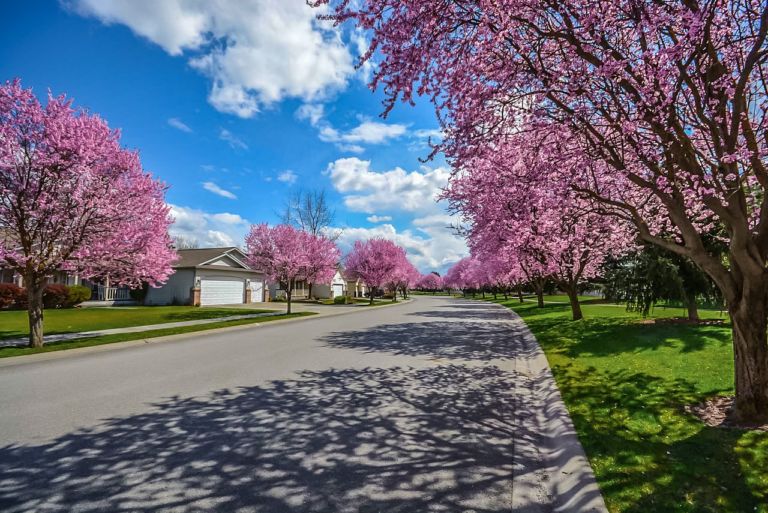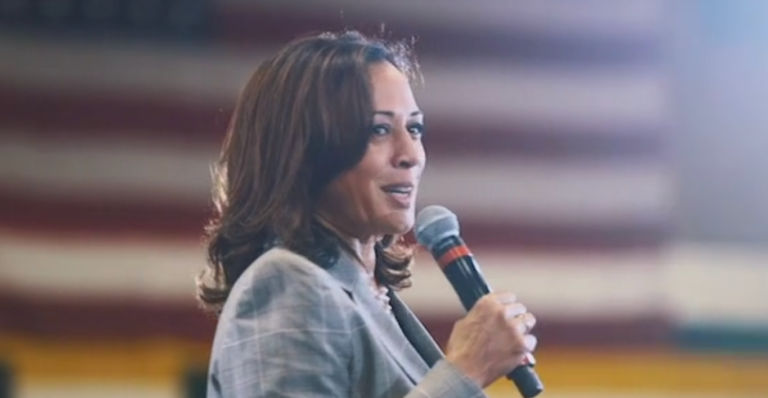The News & Observer ran one of its occasional “fact checks” on a recent statement by former Democratic Sen. Floyd McKissick before the General Assembly. He said, while calling for police reform: “Right now if you want to become a law enforcement officer, your training hours take about half the time it would take if you were a barber.”
The implication, of course, is that police work is more critical and potentially dangerous than barbering, and therefore ought to require more training. The N&O finds that “in most cases it appears that becoming a licensed barber takes significantly longer than becoming a police officer. And this is not just the case in North Carolina.” In NC, the classroom training for police (not including local fieldwork requirements) is 675 hours vs. the classroom training for barbers (not including a year of apprenticeship) of 1,528 hours.
The real question is, why on earth does the State of North Carolina require a minimum of 1,528 hours of classroom instruction and a year’s worth of apprenticeship to cut men’s hair?
Lile so many other Progressive-era policies, the answer to that question is, in part, white racism.
The rise of the black barber-entrepreneur and the origins of the barber’s license
Timothy J. Sandefur wrote for the Northern Illinois University Law Review in 2004:
At the end of the Civil War, occupational licensing became a key tool of preventing former slaves from earning a living in competition with whites. As David E. Bernstein has repeatedly shown, “white interest groups used occupational licensing laws to stifle black economic progress. While generally not Jim Crow laws per se, the laws were used both in the South and the North to prevent blacks from competing with established white skilled workers.”
For instance, although some 20 percent of American barbers in the 1890s were black, that number had dropped to about 11 percent thirty years later. This was largely the result of licensing laws and other regulations that required barbers to go through expensive and time-consuming training, or to serve only customers of their own race. These laws imposed an enormous burden on blacks, particularly because they generally had less access to legal representation and were therefore less able to protect themselves in the courts.
Bernstein’s work in this area is illuminating. In a 1994 San Diego Law Review article on “Licensing Laws: A Historical Example of the Use of Government Regulatory Power against African Americans,” Bernstein specifically looked at barbers, physicians, and plumbers as examples of “occupations from which blacks were restricted through the application of facially-neutral licensing laws.”
Notice the “facially neutral” descriptor. That means discriminatory intent was accomplished through means that didn’t appear discriminatory at first glance. That is why Bernstein argued that “The legacy of government policy, though, has surely been underestimated as a factor in the plight of black Americans”:
The first thing that should be noted about licensing laws is that even if their supporters had the best of intentions, and had no hostility to blacks, the laws would have hurt blacks nonetheless. Because unions did not admit blacks into their apprenticeship training programs and because southern public schools provided blacks with very little vocational training as compared to whites, skilled black workers generally had little formal training in their professions and therefore often could not satisfy certain licensing requirements despite their practical experience. Moreover, because of discrimination, blacks usually had little formal education, making the typical licensing exam comprised of written sections an insurmountable hurdle to many blacks. Therefore, even purely public-spirited licensing laws, if such things actually existed, necessarily harmed blacks.
The pursuit of the public interest, however, was seldom the sole motivation behind the passage of licensing statutes. States and municipalities frequently passed licensing laws at the behest of the organized members of the licensed profession in order to grant them a state-sponsored monopoly at the expense of those who could not get the license. Even in cases of “hostile” licensing, when the licensing process was originated to regulate an industry in the public interest, generally the licensed group quickly gained control of the licensing process and used it to benefit its members by limiting the number of new entrants, thus assuring those already in the field of higher incomes.
Organized groups of workers controlled the licensing process through their unions or professional societies. Those groups usually excluded blacks, and they used the licensing statutes to prevent blacks from gaining licenses in professions in which they were once numerous — particularly, though far from exclusively, in the South — and to prevent blacks from getting a toehold in other fields.
With respect to barbers, Bernstein found that “In the late 19th century, southern blacks had a near-monopoly on the barber profession.” However, “because of an increase in immigrant barbers, as well as other factors, many whites started to patronize only white barbers,” and notably, “white barbers soon aspired to use the legal system to totally limit black barbers to black customers.”
“Other factors” included outright racial prejudice, which also contributed to justifying licensing on public-health grounds. As Douglas Bristol, author of Knights of the Razor: Black Barbers in Slavery and Freedom, recounted in an interview:
There was a union, the Journeymen Barbers International Union of America which was associated with the American Federation of Labor. The leaders, mostly 2nd and 3rd generation German immigrants, saw their opportunity to seize on the issue of sanitation to limit competition, and while they’re at it finally exclude blacks from the first-class barbershops. The pretext for the licensing laws was to ensure sanitation of barbershops and protect public health. … They really traded on gross stereotypes about Italian-Americans or African-Americans being disease carriers. … So starting in the 1880s, we see the first [licensing] laws being passed.
Till then, the history of black barbers after Emancipation was a study in entrepreneurship, of people rising from poverty through hard work with the freedom to enjoy the fruits of their own labors to lift their own communities. As historian Quincy Mills, author of Cutting Along the Color Line: Black Barbers and Barber Shops in America, said in an interview with Collectors Weekly,
This example extends to other prominent barbers like Alonzo Herndon in Atlanta, Georgia, and John Merrick in Durham, North Carolina. All three of these men were born in the 1850s and came to prominence in the 1880s and 1890s. Merrick and Herndon used the resources from their barbershops to found life insurance companies—Atlanta Life for Herndon and North Carolina Mutual for Merrick—that still exist today. That suggests the level of wealth these men had and that they were central figures of the black political class, bar none.
Folks like Merrick and Herndon used the economic resources from their barbershops to establish insurance companies because existing companies like MetLife weren’t insuring African Americans. They used their resources in support of black communities.
Even now, research from the Mercatus Center at George Mason University finds that “Licensing of barbers reduces the probability of a black individual working as a barber by 17.3 percent.”
The high burdens of barber licensing in North Carolina
The North Carolina State Board of Barber Examiners was established in 1929, one of the earliest licensing boards in the state. The Institute for Justice ranks North Carolina as having the fifth-most burdensome licensing requirements for barbers in the nation.
As compiled by IJ, the many costs of obtaining a barber’s license in North Carolina include:
- 722 estimated calendar days lost in the pursuit of a license — more than 47 other states (including D.C.)
- 1,528 credit hours — more than 44 other states
- $270 licensing fees — more than 44 other states
- A full year of experience — more than 46 other states
- Three qualifying exams — more than 38 other states
Conclusion
The question of training standards for law enforcement officers in North Carolina is a weighty matter that requires serious consideration. Nevertheless, comparing LEO’s training hours to that of barbers’ misses some rather big issues.
One is that North Carolina imposes one of the greatest licensing burdens in the United States on would-be barbers. Another is that barber licensing was instituted in part to price blacks out of the profession of barbering.
We have long warned that occupational licensing presents greater hurdles to minorities trying to enter the workforce. North Carolina policymakers seeking to level the playing field for minorities should make sweeping overhauls to our occupational licensing system.
Absurd requirements to become a barber offer a case in point. Over 1,500 hours plus a year as an apprentice to cut men’s hair? Whose interests are those standards protecting, really?
For more information, see:


